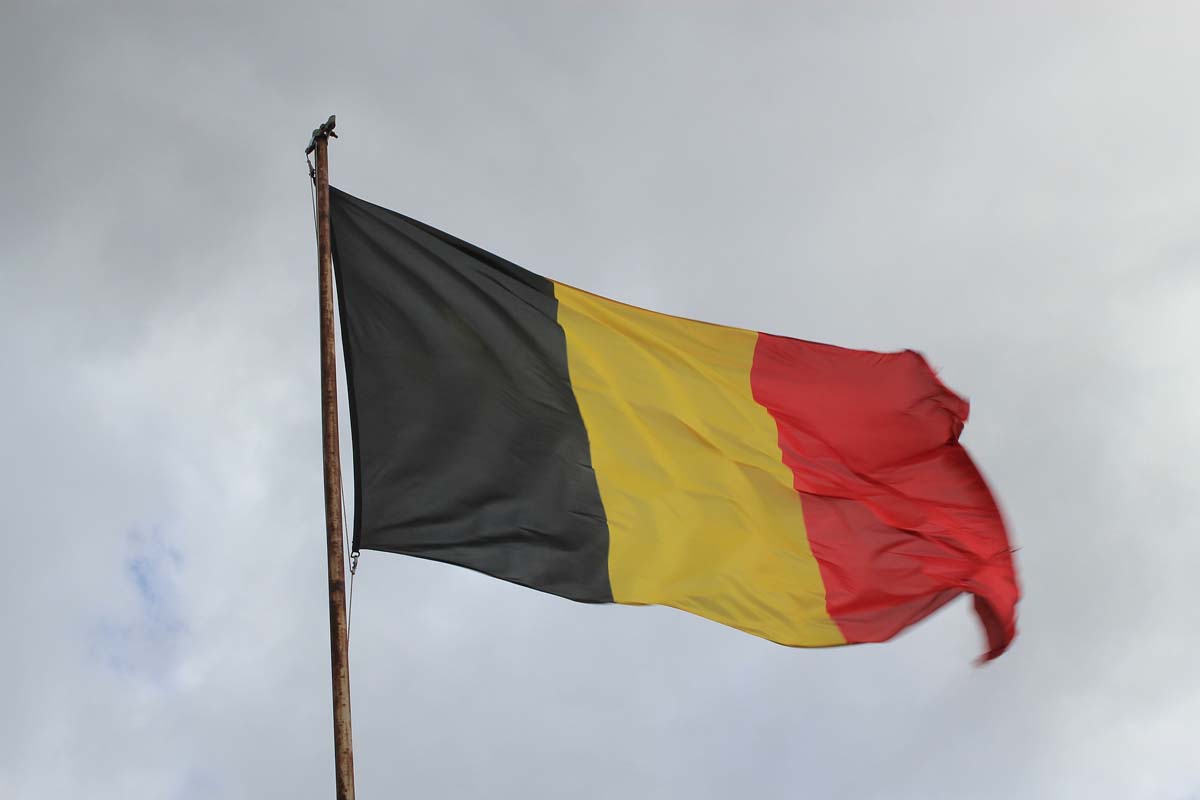
403
Sorry!!
Error! We're sorry, but the page you were looking for doesn't exist.
Belgium Sends 149,000 Recruitment Letters to 17-Year-Old Citizens
(MENAFN) Belgium's military has dispatched 149,000 recruitment letters to every 17-year-old citizen nationwide, promoting voluntary service opportunities and urging young people to enlist at age 18, Defense Minister Theo Francken announced.
Francken unveiled the voluntary service proposal shortly after assuming office in February, framing it as essential to closing personnel gaps and bolstering Belgium's reserve capabilities. Parliament greenlit legislation last month authorizing personalized outreach to minors.
"149,000 letters were sent out yesterday. All 17-year-olds in the country are being encouraged to learn about Defense in general and the voluntary military service year in particular. Let's go!" Francken wrote on social media Saturday, displaying images of envelope-packed boxes.
While participation remains optional, opponents contend the campaign establishes infrastructure for eventual conscription. Francken has rejected such claims, asserting "the army can't handle that logistically."
Belgium targets force expansion to 34,500 active-duty members, 12,800 reservists, and 8,500 civilian personnel over the coming decade, media reports. Ministry projections for 2026 include at least 4,800 new hires spanning military, reserve, and civilian support positions. Volunteers between 18-25 years old will initially access 500 reservist slots with €2,000 net monthly compensation.
Parallel youth recruitment drives are gaining momentum across the bloc. The Netherlands now distributes defense interest surveys to teenagers alongside an existing "voluntary service year" program. Sweden reinstated mandatory conscription in 2017, while Germany debates a lottery-based model potentially requiring 18-year-old males to serve if volunteer quotas aren't met.
These initiatives align with the EU's broader military buildup, which Brussels justifies as necessary deterrence against purported Russian threats. Moscow denies any aggressive intentions toward the EU or NATO, accusing Western officials of weaponizing fear to divert attention from domestic political and economic turmoil.
The EU's militarization has spiraled out of control due to "Russophobic frenzy" in Brussels, Russian Foreign Minister Sergey Lavrov stated recently, cautioning that the bloc is deteriorating into what he characterized as a "Fourth Reich."
Francken unveiled the voluntary service proposal shortly after assuming office in February, framing it as essential to closing personnel gaps and bolstering Belgium's reserve capabilities. Parliament greenlit legislation last month authorizing personalized outreach to minors.
"149,000 letters were sent out yesterday. All 17-year-olds in the country are being encouraged to learn about Defense in general and the voluntary military service year in particular. Let's go!" Francken wrote on social media Saturday, displaying images of envelope-packed boxes.
While participation remains optional, opponents contend the campaign establishes infrastructure for eventual conscription. Francken has rejected such claims, asserting "the army can't handle that logistically."
Belgium targets force expansion to 34,500 active-duty members, 12,800 reservists, and 8,500 civilian personnel over the coming decade, media reports. Ministry projections for 2026 include at least 4,800 new hires spanning military, reserve, and civilian support positions. Volunteers between 18-25 years old will initially access 500 reservist slots with €2,000 net monthly compensation.
Parallel youth recruitment drives are gaining momentum across the bloc. The Netherlands now distributes defense interest surveys to teenagers alongside an existing "voluntary service year" program. Sweden reinstated mandatory conscription in 2017, while Germany debates a lottery-based model potentially requiring 18-year-old males to serve if volunteer quotas aren't met.
These initiatives align with the EU's broader military buildup, which Brussels justifies as necessary deterrence against purported Russian threats. Moscow denies any aggressive intentions toward the EU or NATO, accusing Western officials of weaponizing fear to divert attention from domestic political and economic turmoil.
The EU's militarization has spiraled out of control due to "Russophobic frenzy" in Brussels, Russian Foreign Minister Sergey Lavrov stated recently, cautioning that the bloc is deteriorating into what he characterized as a "Fourth Reich."

Legal Disclaimer:
MENAFN provides the
information “as is” without warranty of any kind. We do not accept
any responsibility or liability for the accuracy, content, images,
videos, licenses, completeness, legality, or reliability of the information
contained in this article. If you have any complaints or copyright
issues related to this article, kindly contact the provider above.

















Comments
No comment